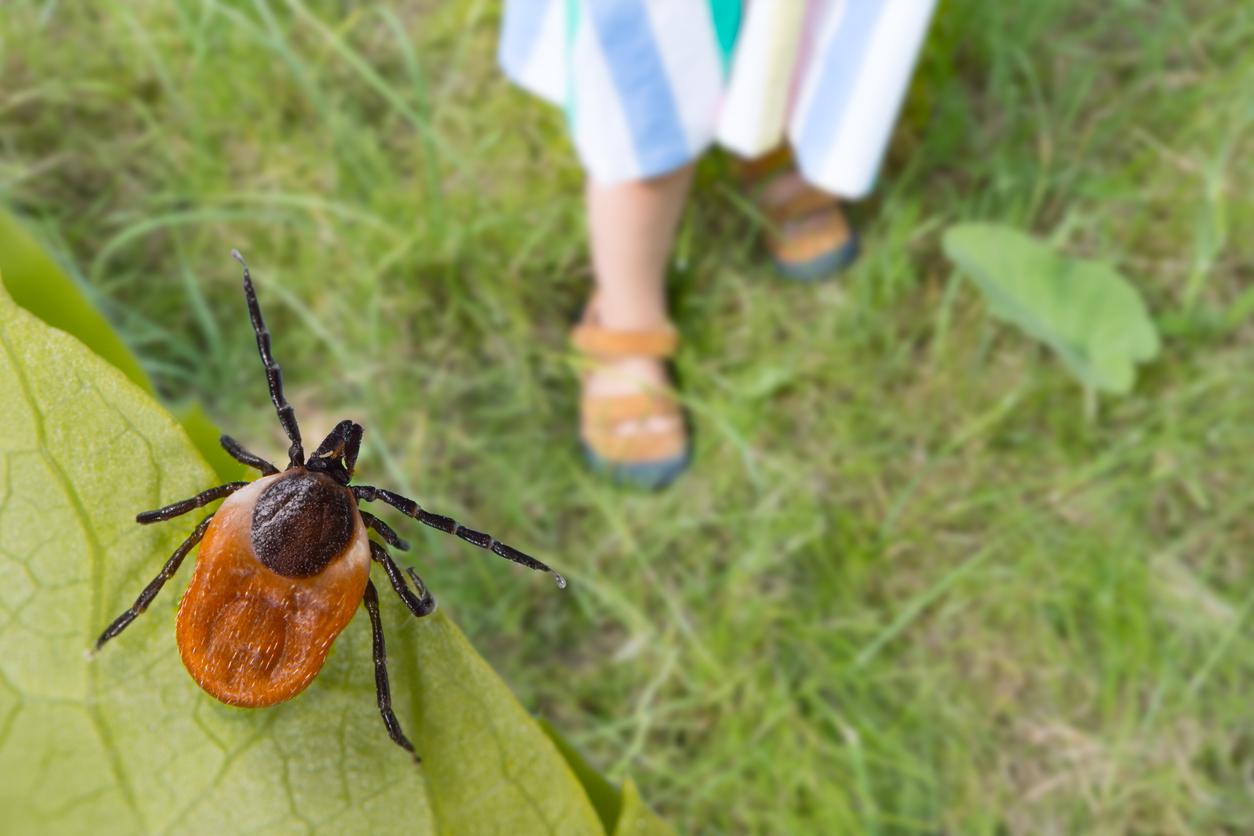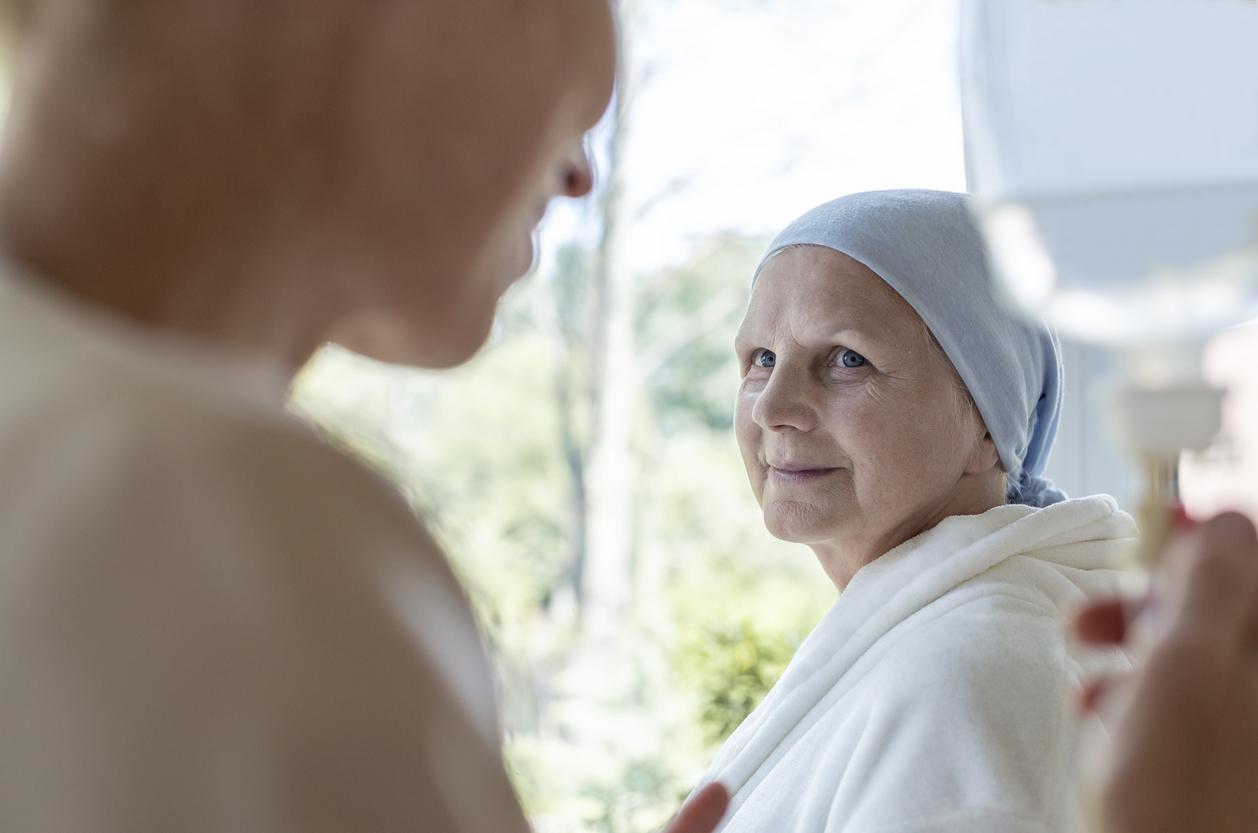Circular peptides found in violet could “chemosensitize” cancerous brain cells to temozolomide, an active anticancer ingredient.

- Violet contains small circular peptides, called “cyclotides”, which are roughly shaped “like a Frisbee.”
- Cyclotide kalata B1 boosts the activity of chemotherapy, reducing the amount needed to kill glioblastoma cells by more than ten times.
- A synthetic version of kalata B1 has an effectiveness equal to that of the natural molecule.
In people with glioblastoma, only half of patients respond to the Food and Drug Administration-approved chemotherapy temozolomide. Even in the latter, cancer cells quickly become resistant. Most patients die within 12 to 16 months of diagnosis, and few survive more than five years. “This is why new methods of adjuvant therapy are absolutely necessary”reported American researchers.
“Pores in the membranes of cancer cells”
In a recent study, they examined molecules present in violets. These are small circular peptides called “cyclotides”. According to Samantha L. Gerlachlead author of the research, they have roughly the form “of a Frisbee and were found to be active in a test tube against certain types of human cancer cells. In detail, the disulfide bonds that maintain the shape of cyclotides can help them create pores in the membranes of cancer cells.”
For the purposes of the work, the scientists analyzed natural and synthetic cyclotides (Cycloviolacin O3, Cycloviolacin O19, natural Kalata B1, synthetic Kalata B1 and Vitri E) alone and in co-exposure with temozolomide. “Although kalata B1 is commonly found in violet species, extraction of the plant material produces only minuscule quantities. Working day and night for months, the minimal quantities we obtain are insufficient for clinical research” , explained the professor. After collaborating with a company, the researchers were able to obtain much larger quantities of the synthetic version, enough to be tested on glioblastoma mice and human cancer cells.
Glioblastoma: violet molecules stimulate the activity of chemotherapy
The results, published in the journal Biomedicinesshowed that the cyclotide kalata B1 amplifies the activity of chemotherapy, reducing by more than ten times the amount needed to kill glioblastoma cells. According to the authors, the structure and effectiveness of synthetic kalata B1 were found to be equivalent in all respects to those of the natural molecule. “Our cellular data suggests that we can now move forward with the synthetic version. We are still a long way from clinical trials, but the way is now clear to determine whether this product can be tested safely,” they concluded.


















